Can We Afford to Sit Out the Fight Against Fascism?
Choosing the lesser evil is never inspiring. Still, it’s a choice all of us will have to face.
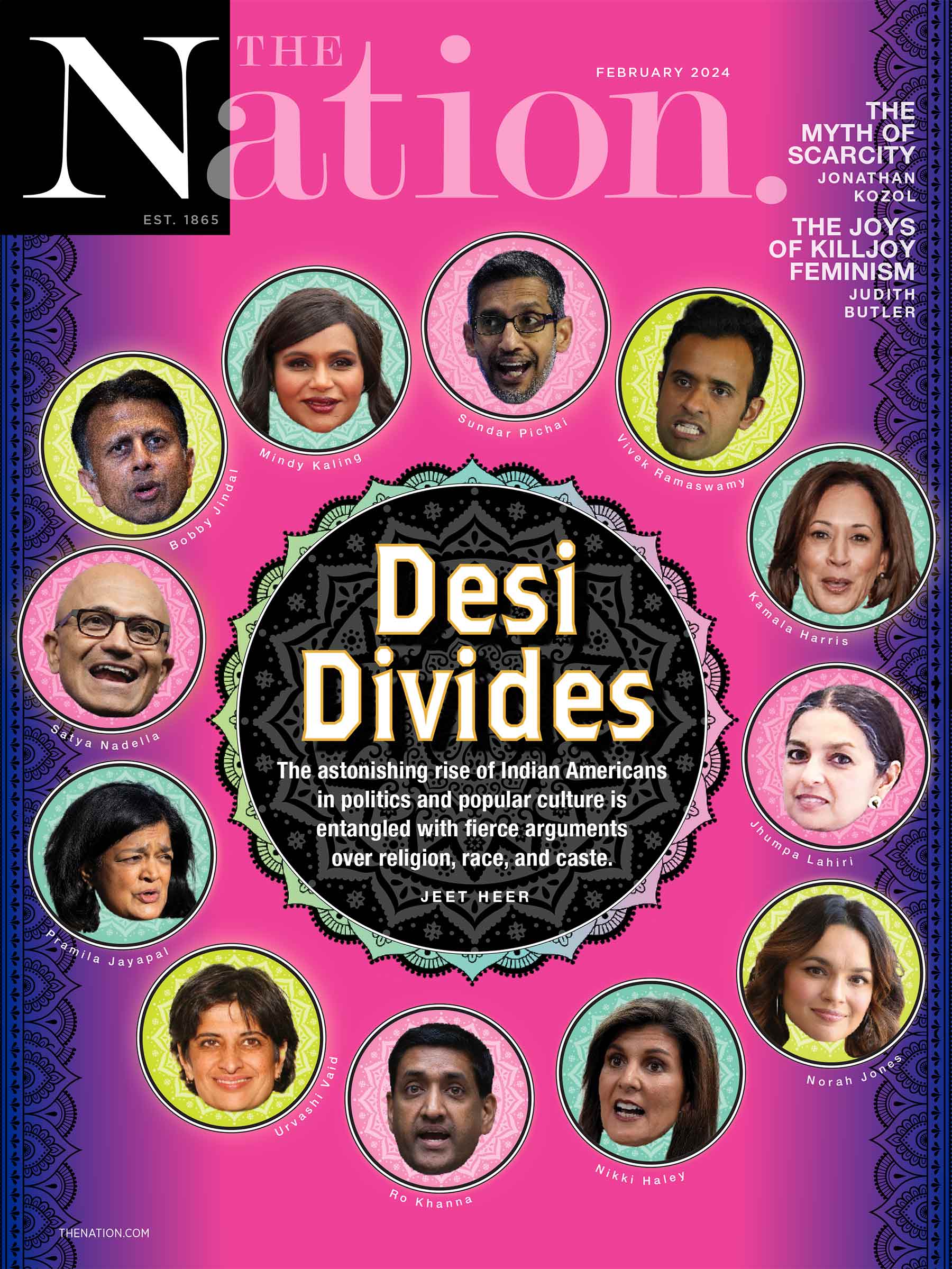
Print Magazine
Purchase Current Issue or Login to Download the PDF of this Issue
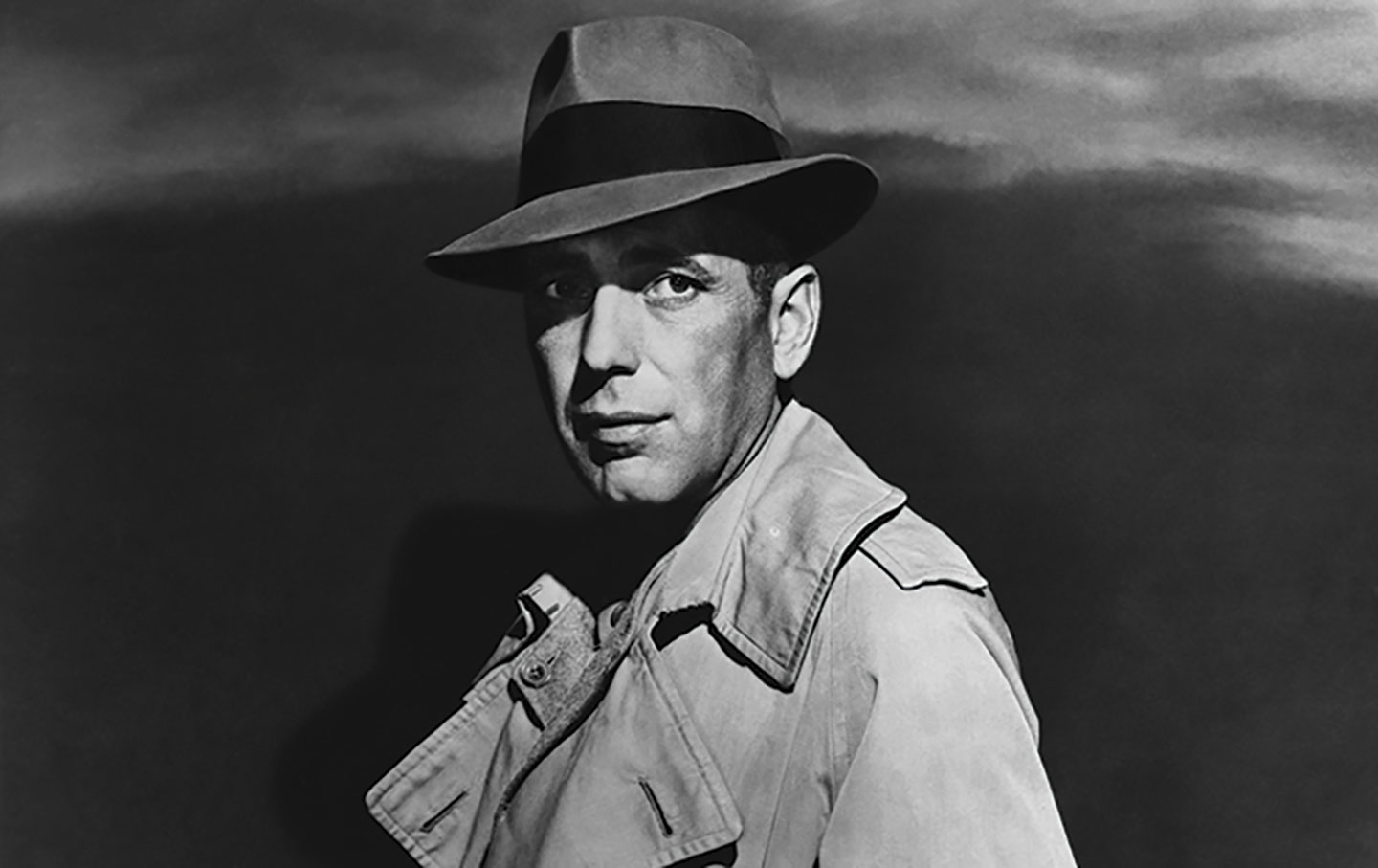
Choosing the lesser evil is never inspiring. Still, it’s a choice all of us will have to face.

The key play is to make the race about Trump’s utter contempt for the core values of the American experiment.
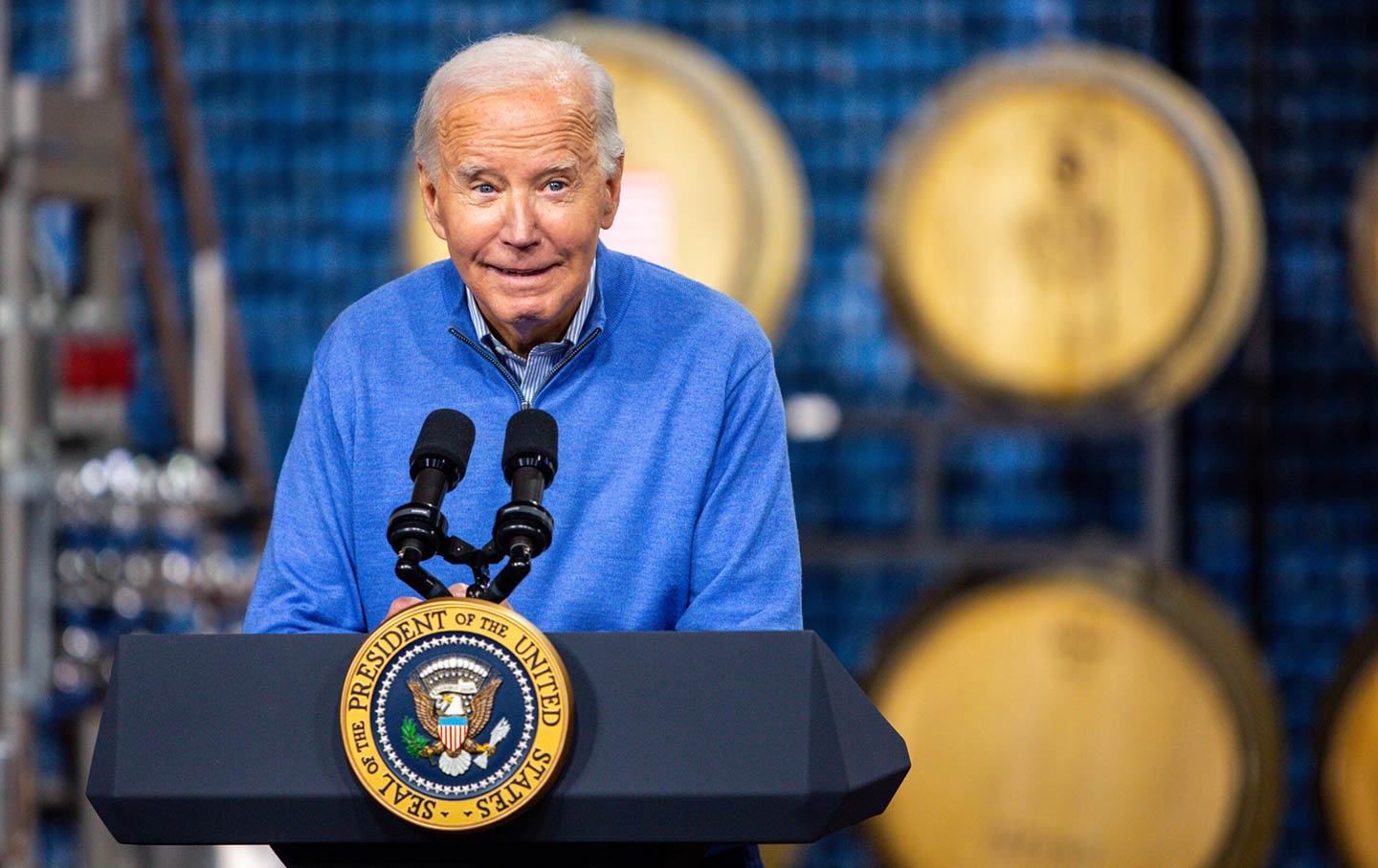
The economic picture under Biden actually looks great—but he’s polling poorly anyway.
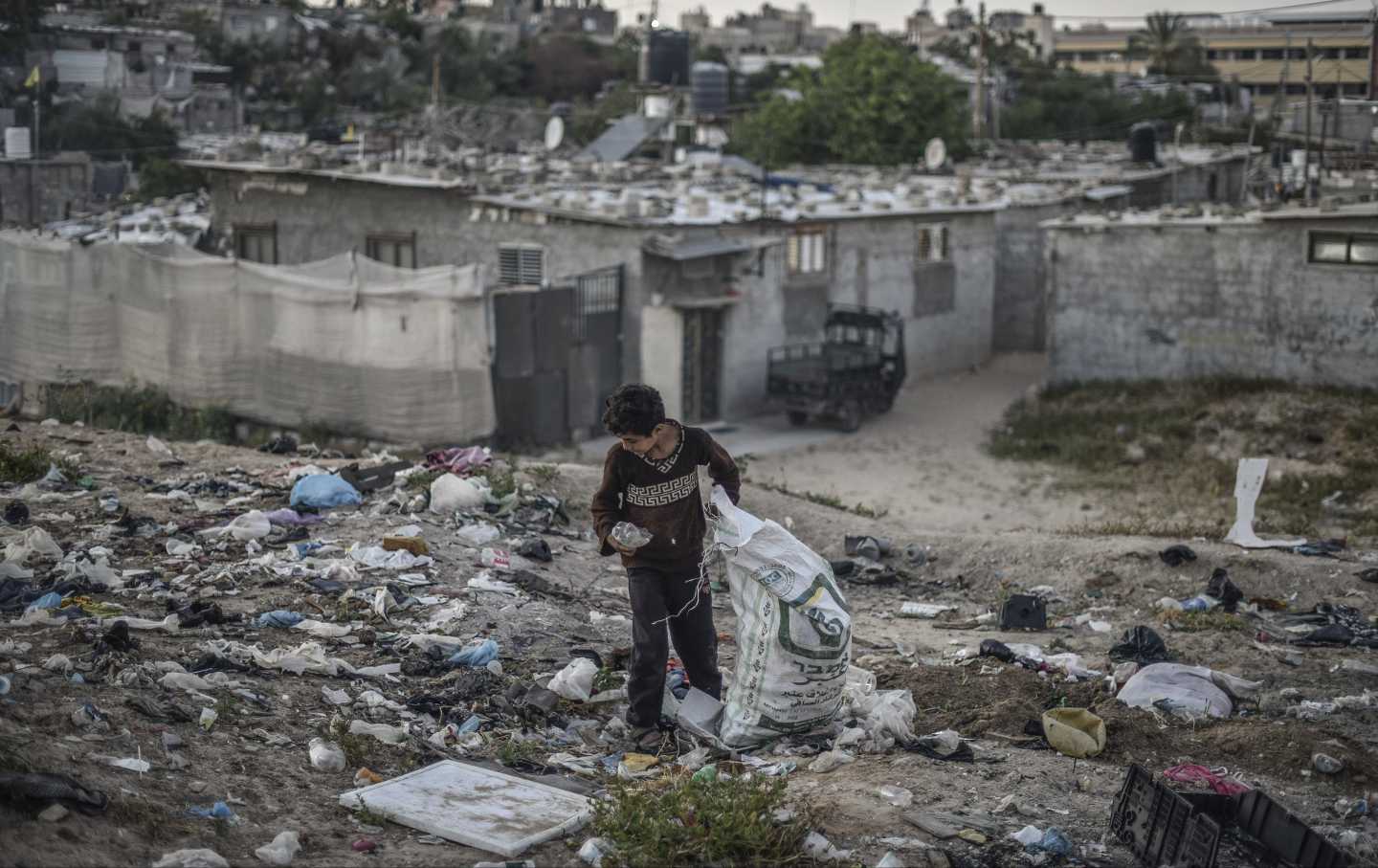
To understand Palestine and Israel, we need more coverage of the everyday structural violence of occupation.
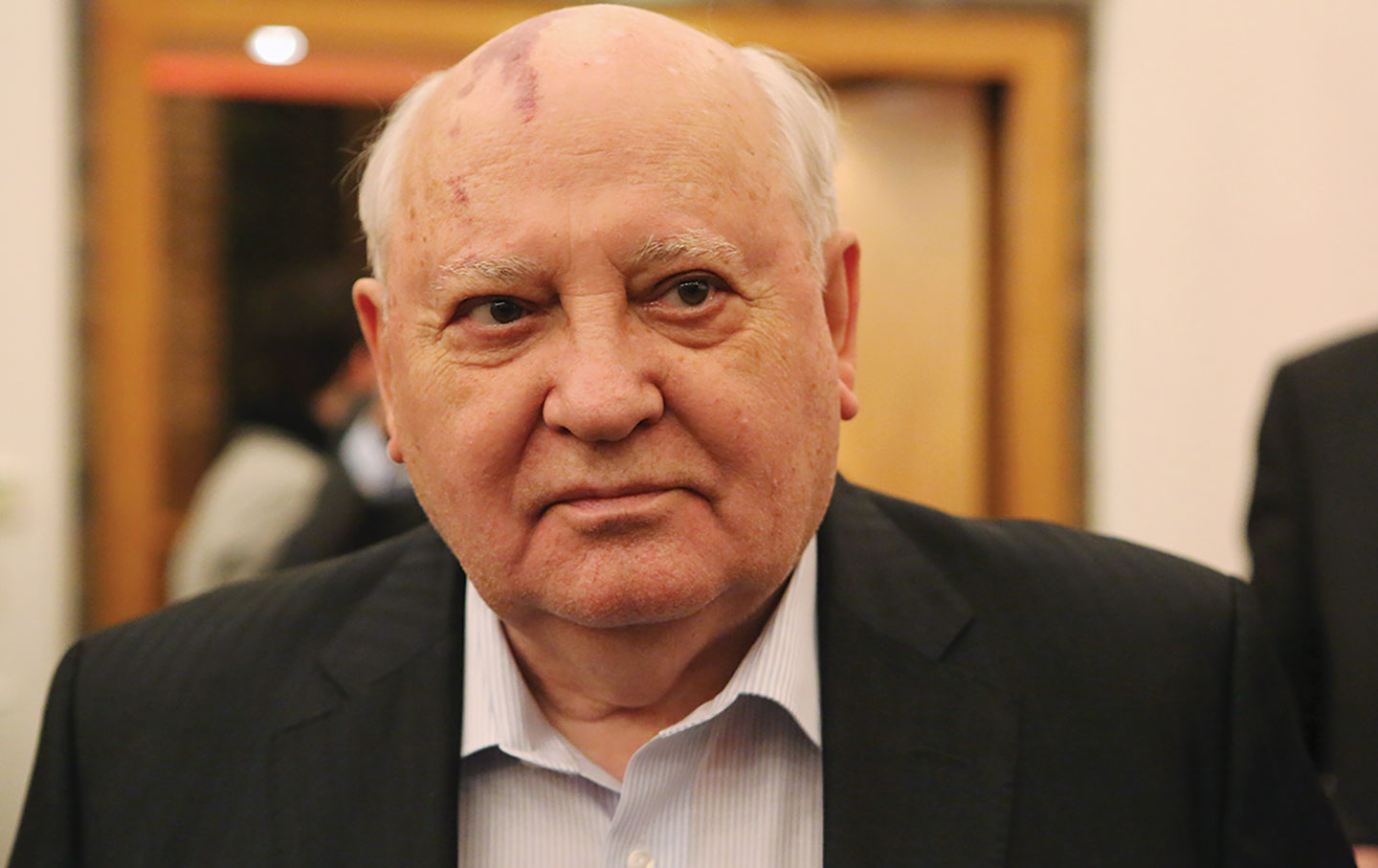
US-Russia relations once seemed so promising after the collapse of the USSR. An honest look at how they soured can help us understand today’s conflicts.
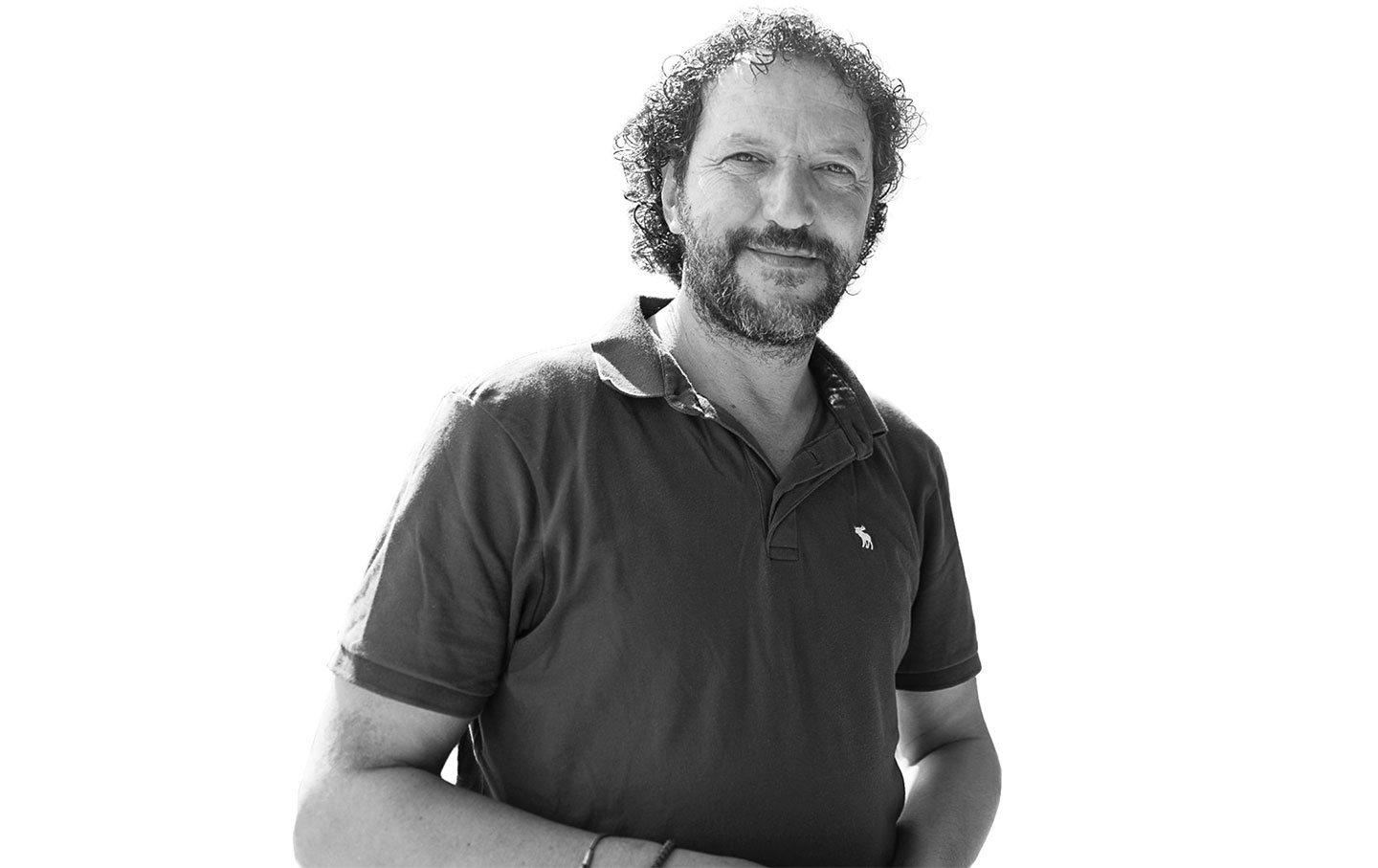
An interview with Palestinian activist Ali Abu Awwad.
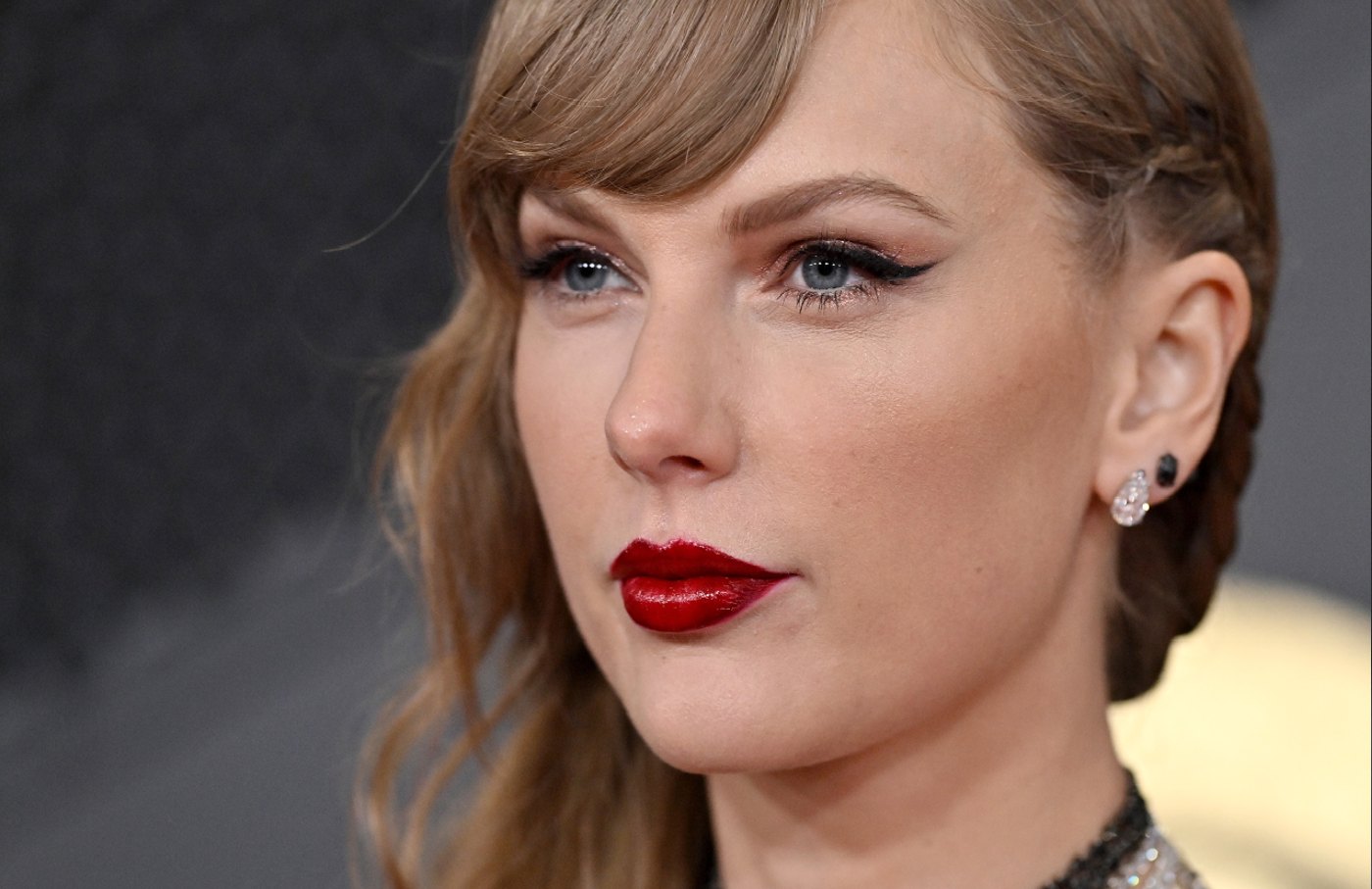
Attacks on the popular singer help highlight the sheer weirdness of Trump’s GOP.
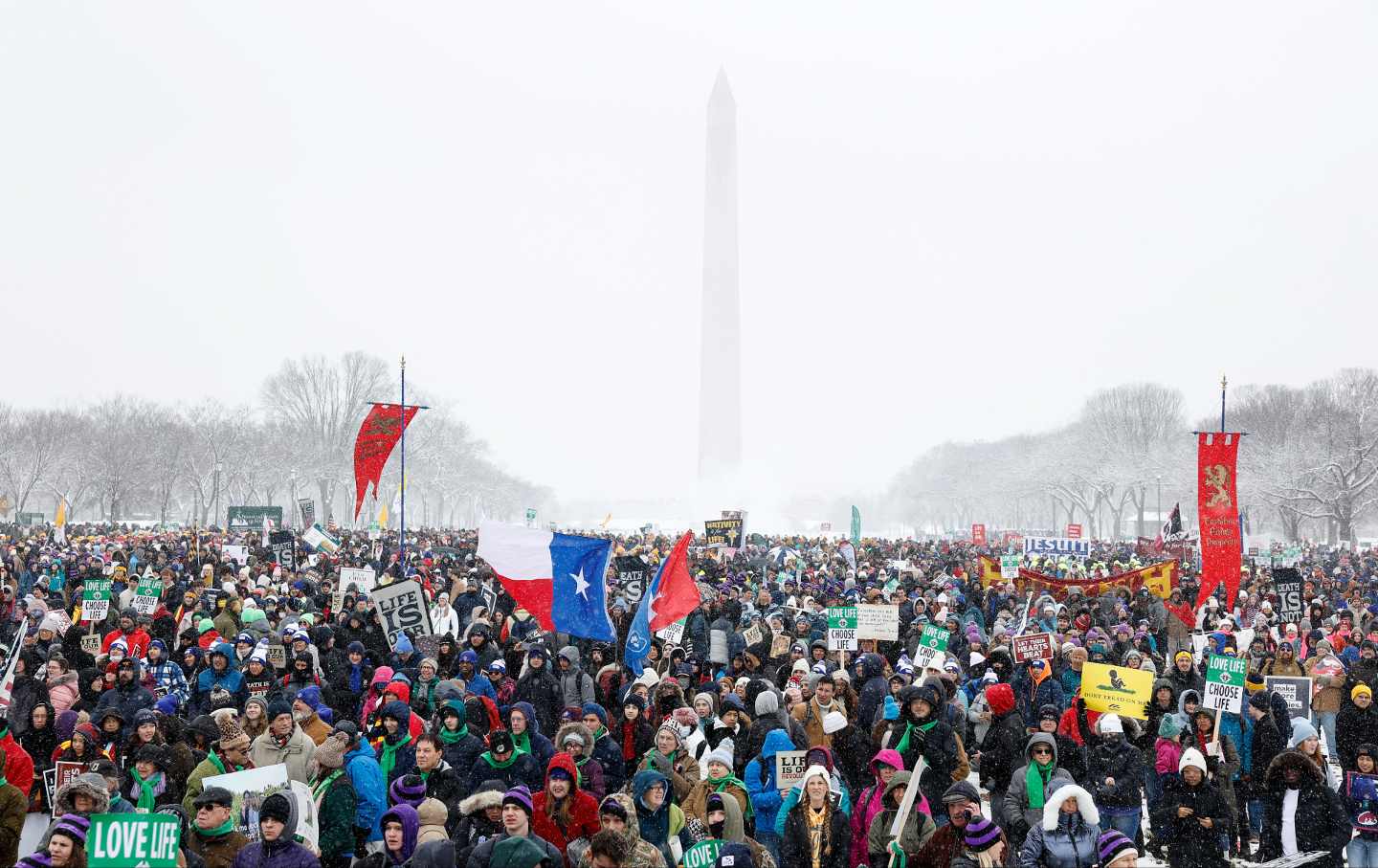
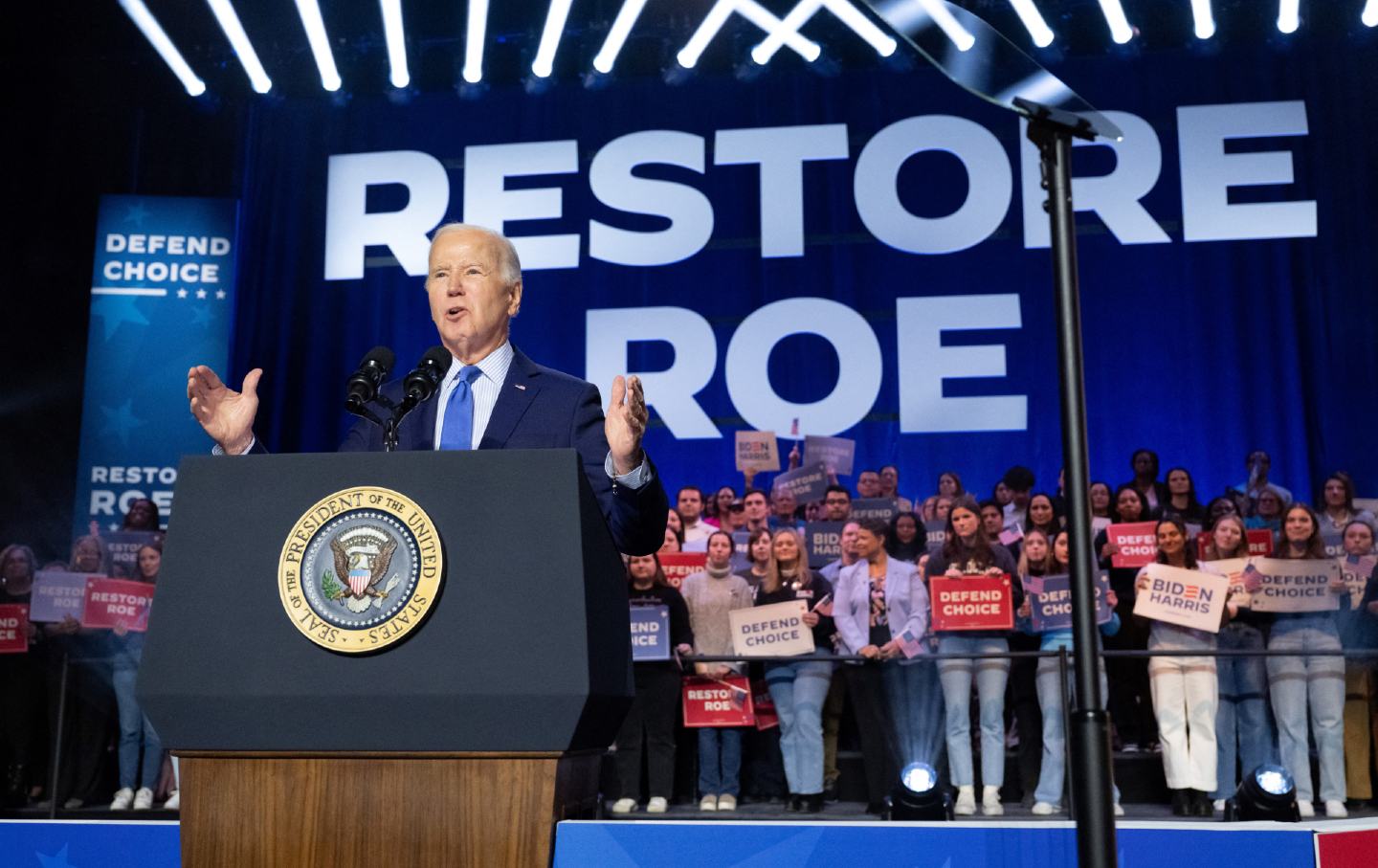
If the president truly wants to protect reproductive rights, he’s going to have to do what he’s so far refused even to consider: expand the Supreme Court.
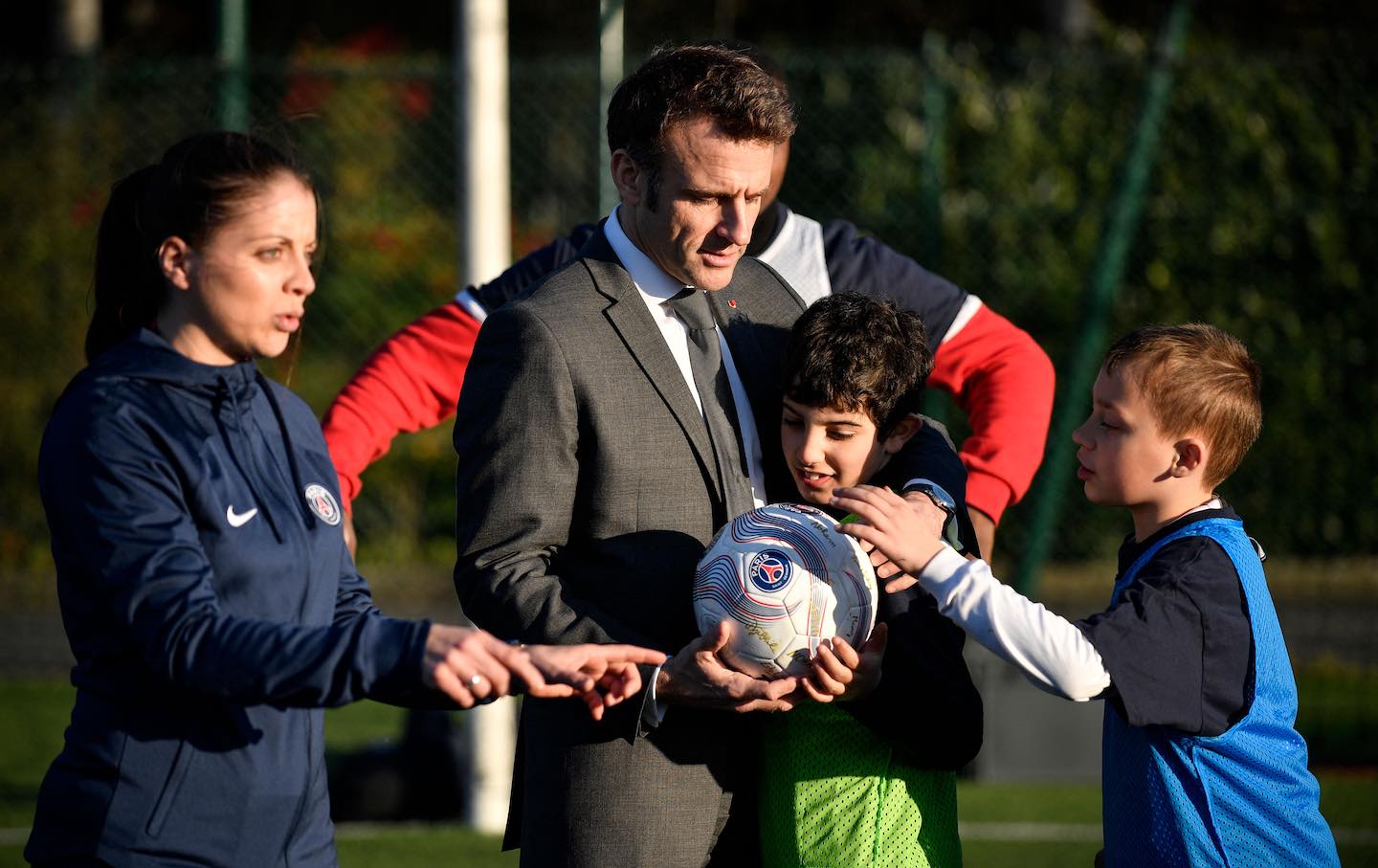
Heads of state around the world want to prevent population decline. But they’re leaving all the responsibility to mothers.
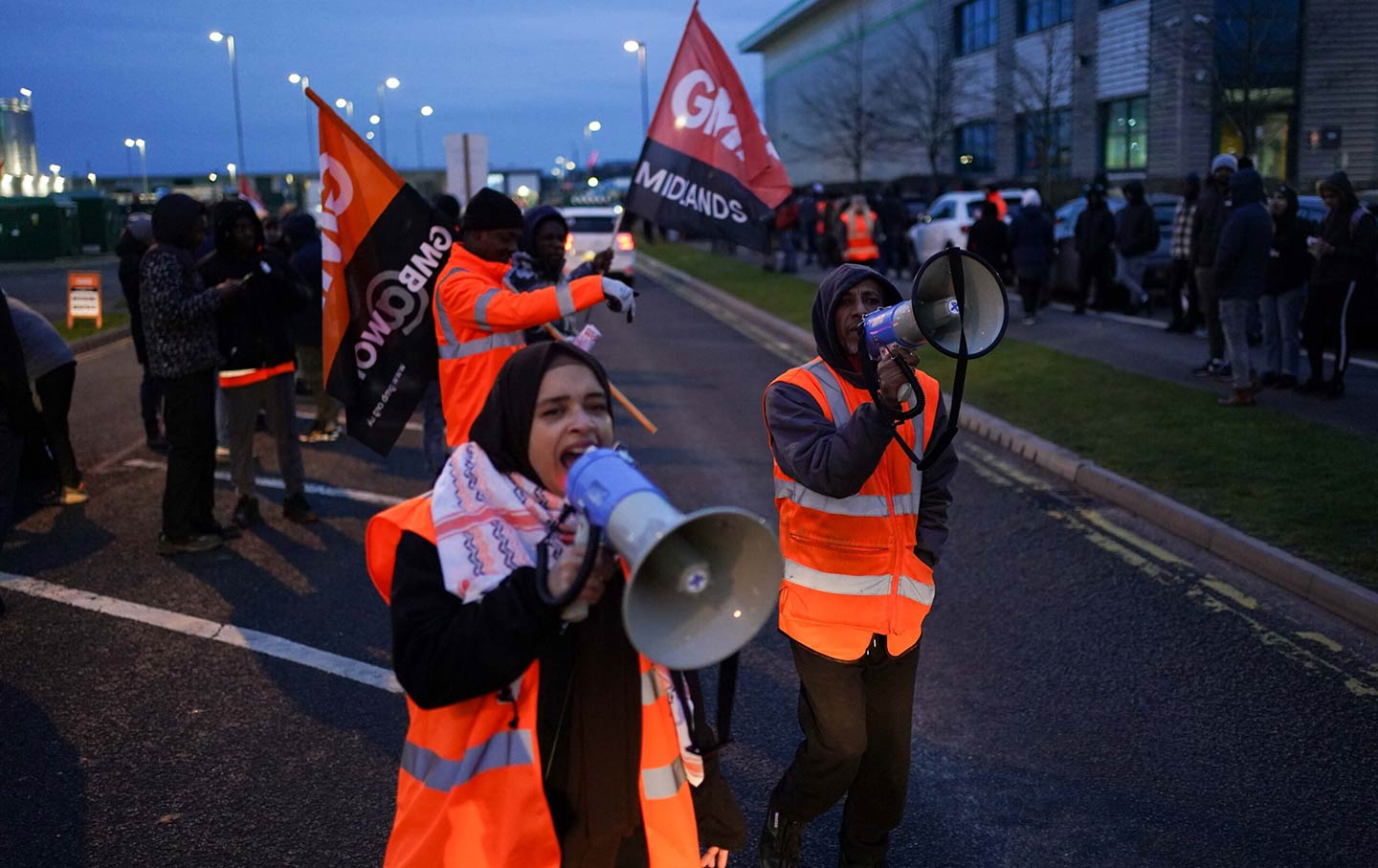
The recent upsurge in organizing is worth celebrating, but workers can’t afford to rest.
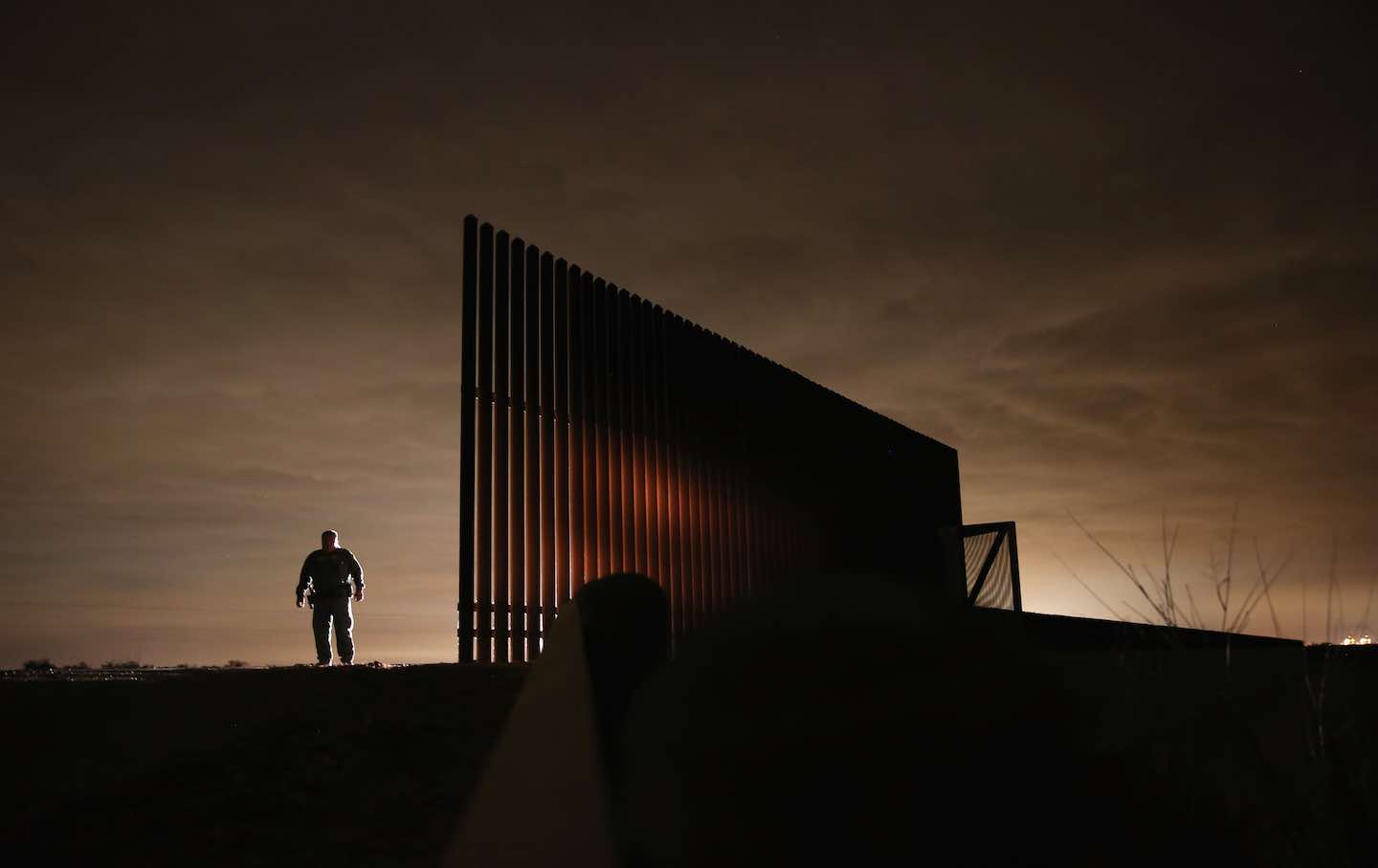
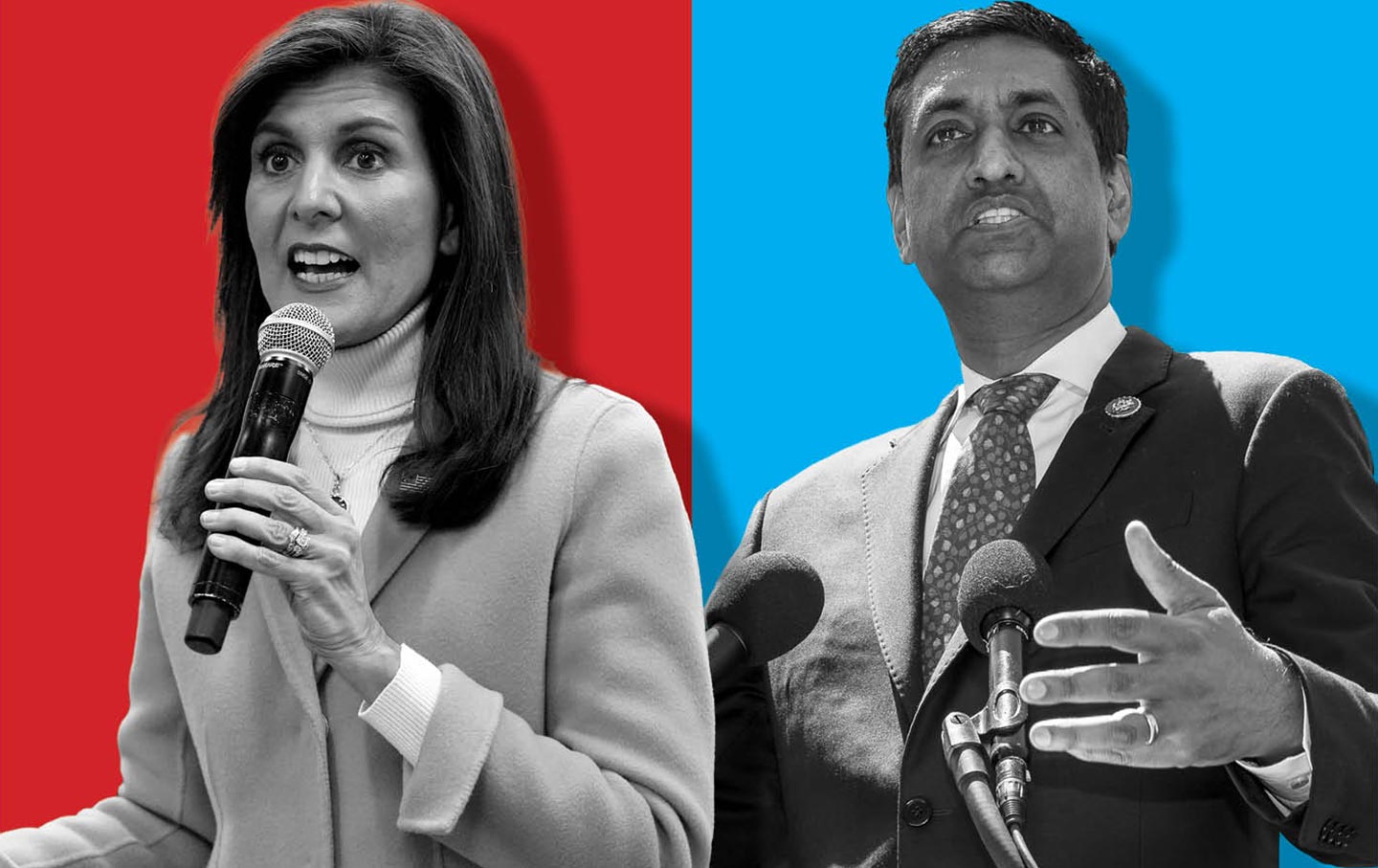
The Desi diaspora is both rising up and fracturing on issues of religion, race, and caste, with far-reaching implications for US politics.
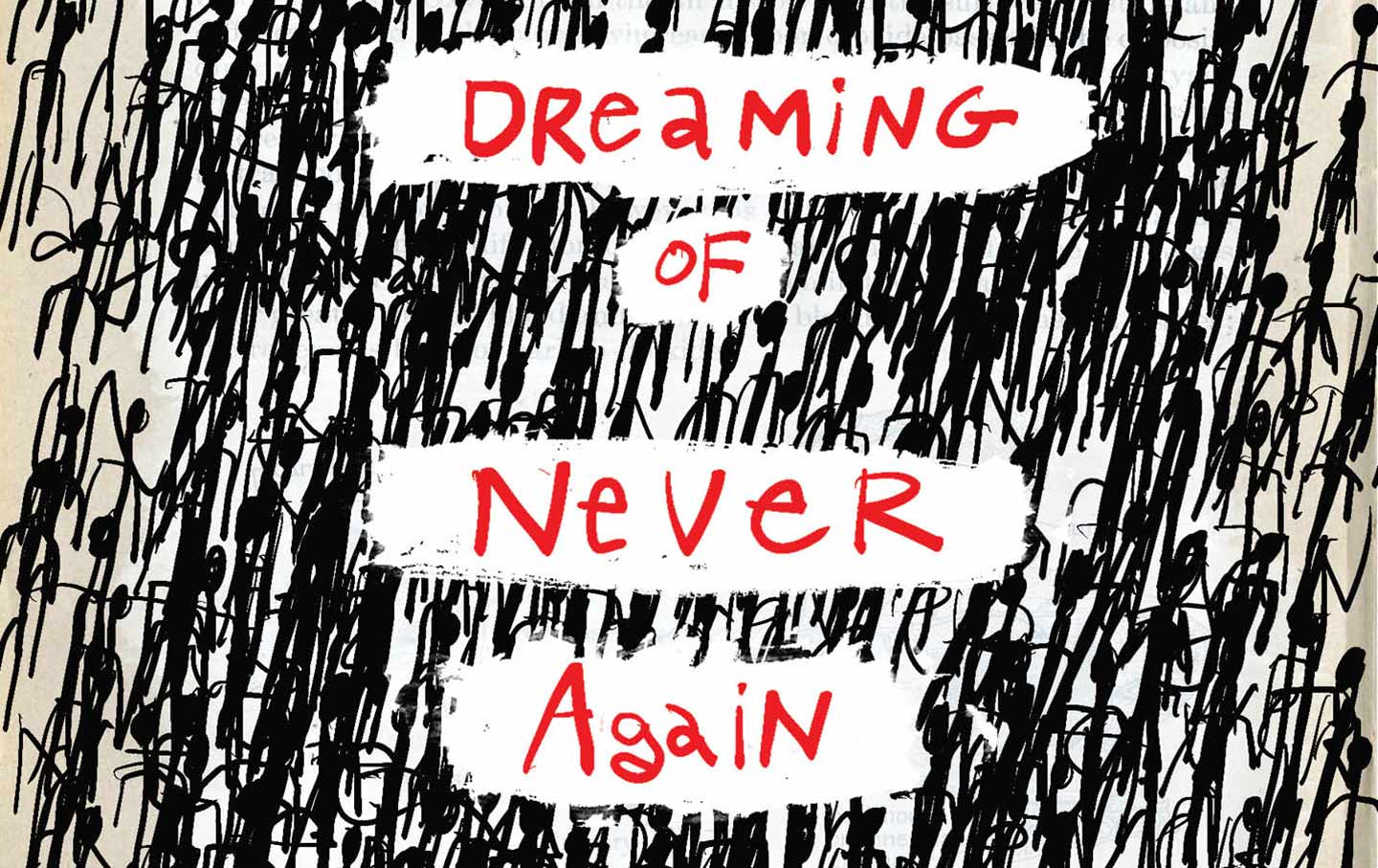
A walk though Gaza with Raphael Lemkin, the father of the UN convention on genocide.
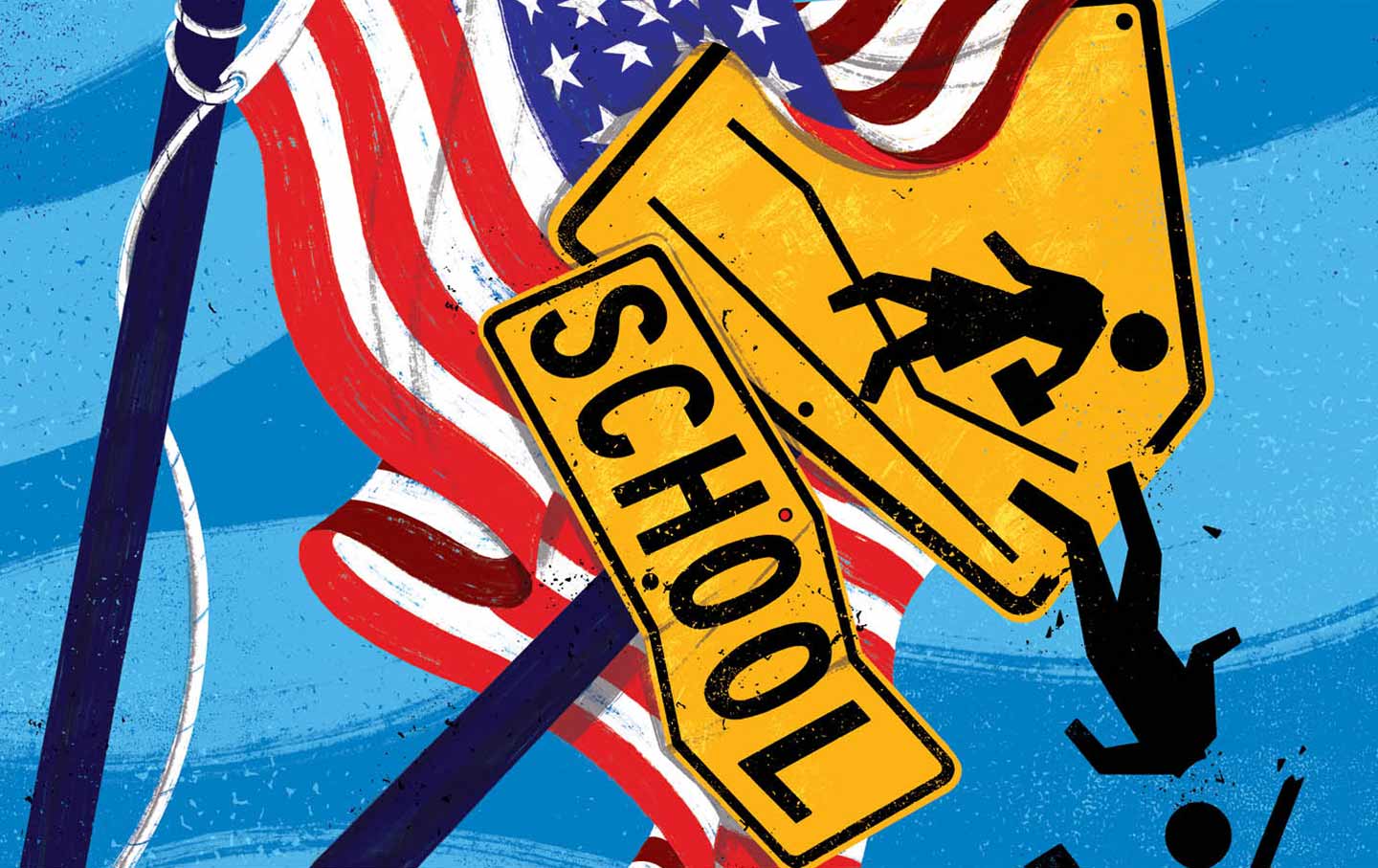
Austerity measures have resulted in dangerous, squalid conditions for the most vulnerable students.
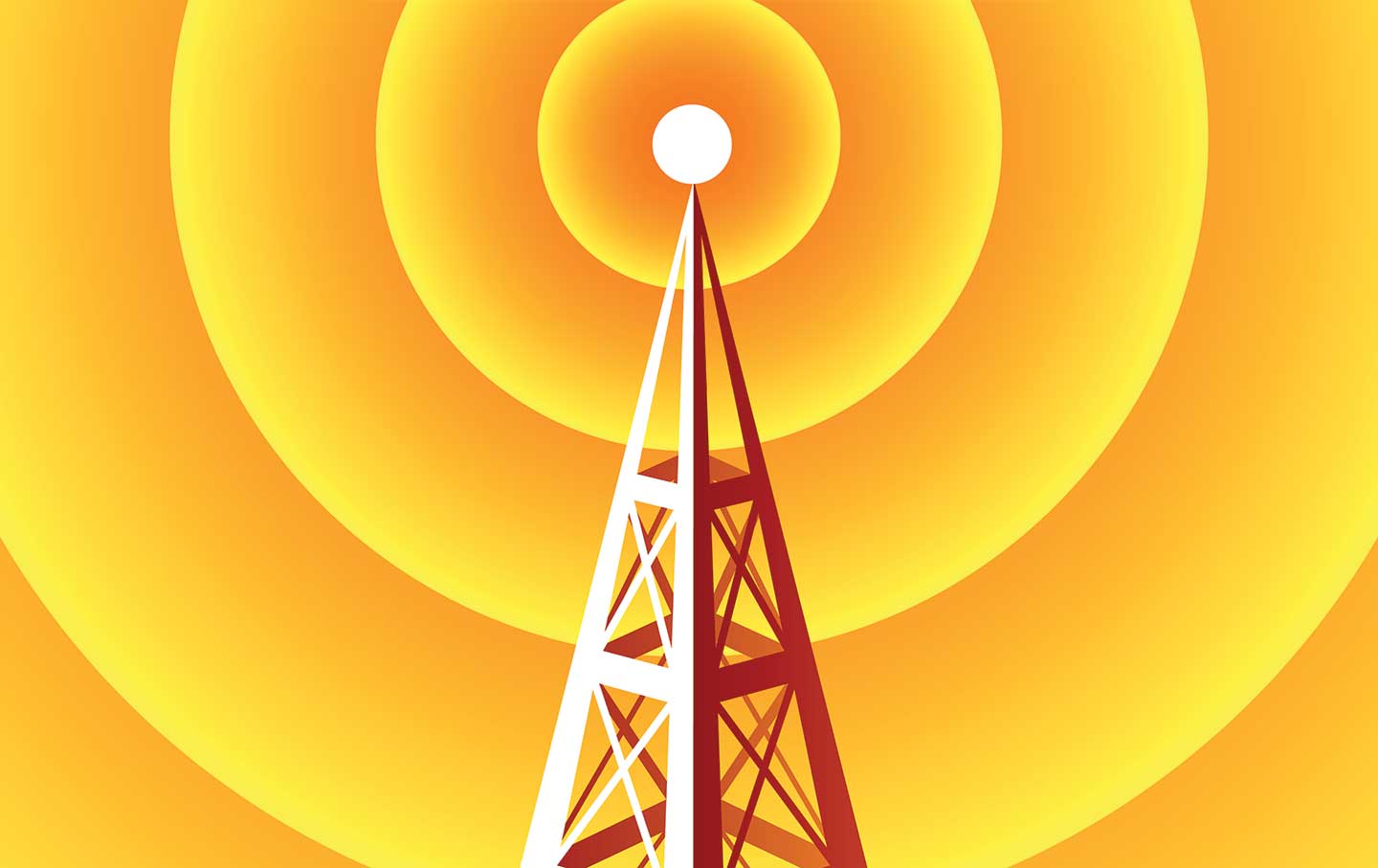
On reservations across the country, tribes are using federal grants to create their own Internet providers. But it takes more than money to get a community online.
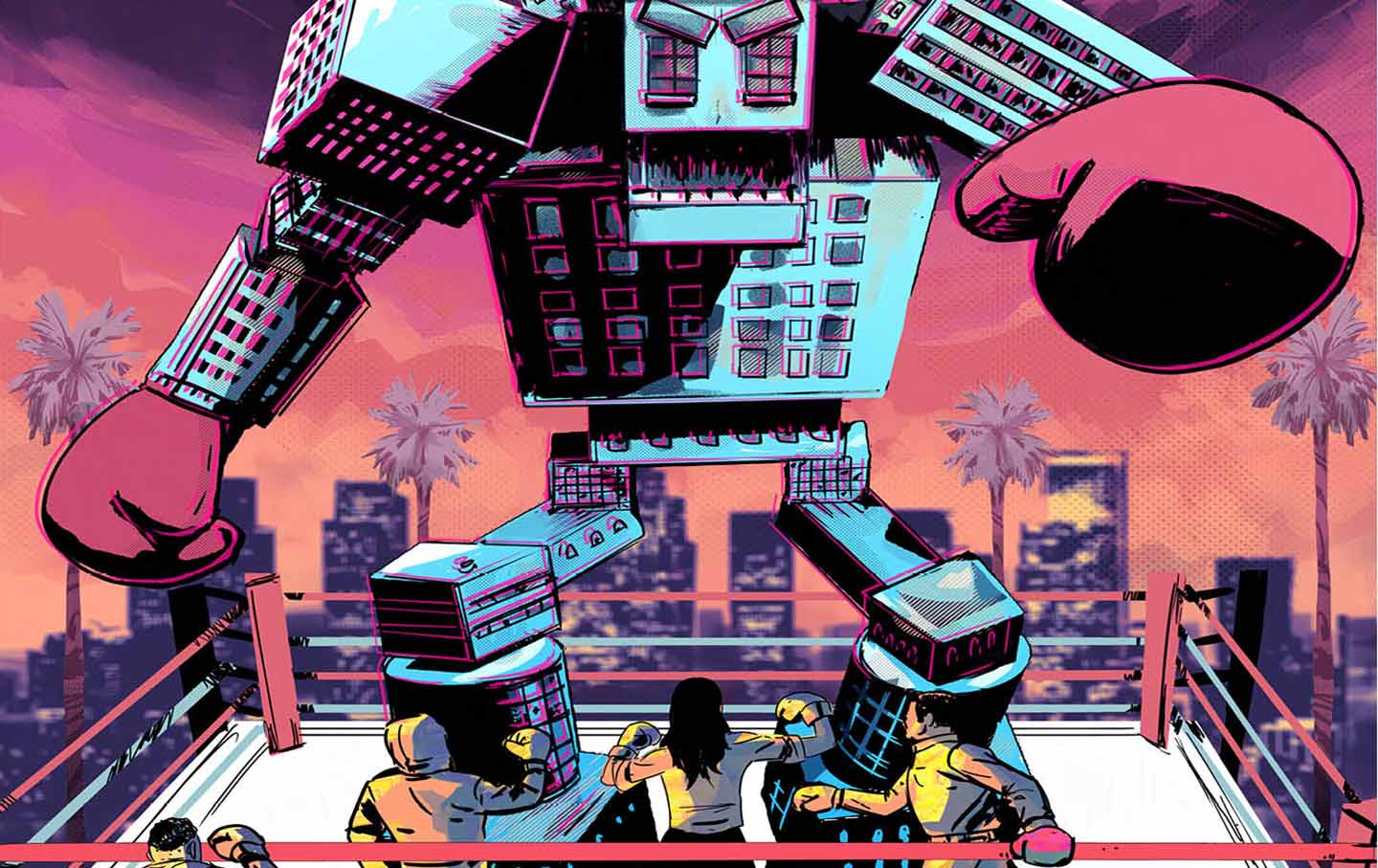
The LA left’s newfound electoral muscle has transformed the city into one of the most renter-friendly in the country. Business and real estate interests are fighting back.
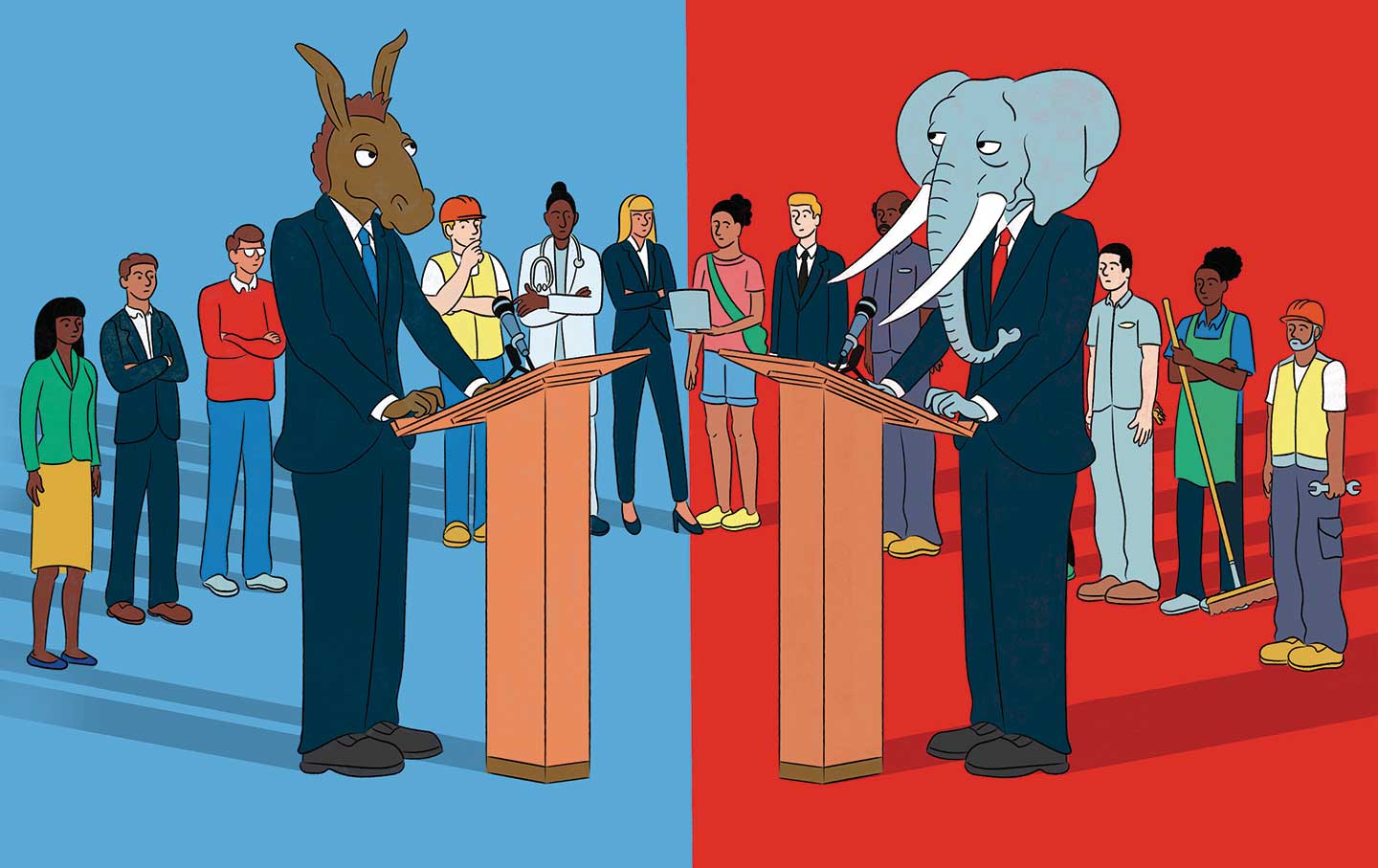
Today the march of class dealignment feels like an inexorable fact of American political life. But is it?
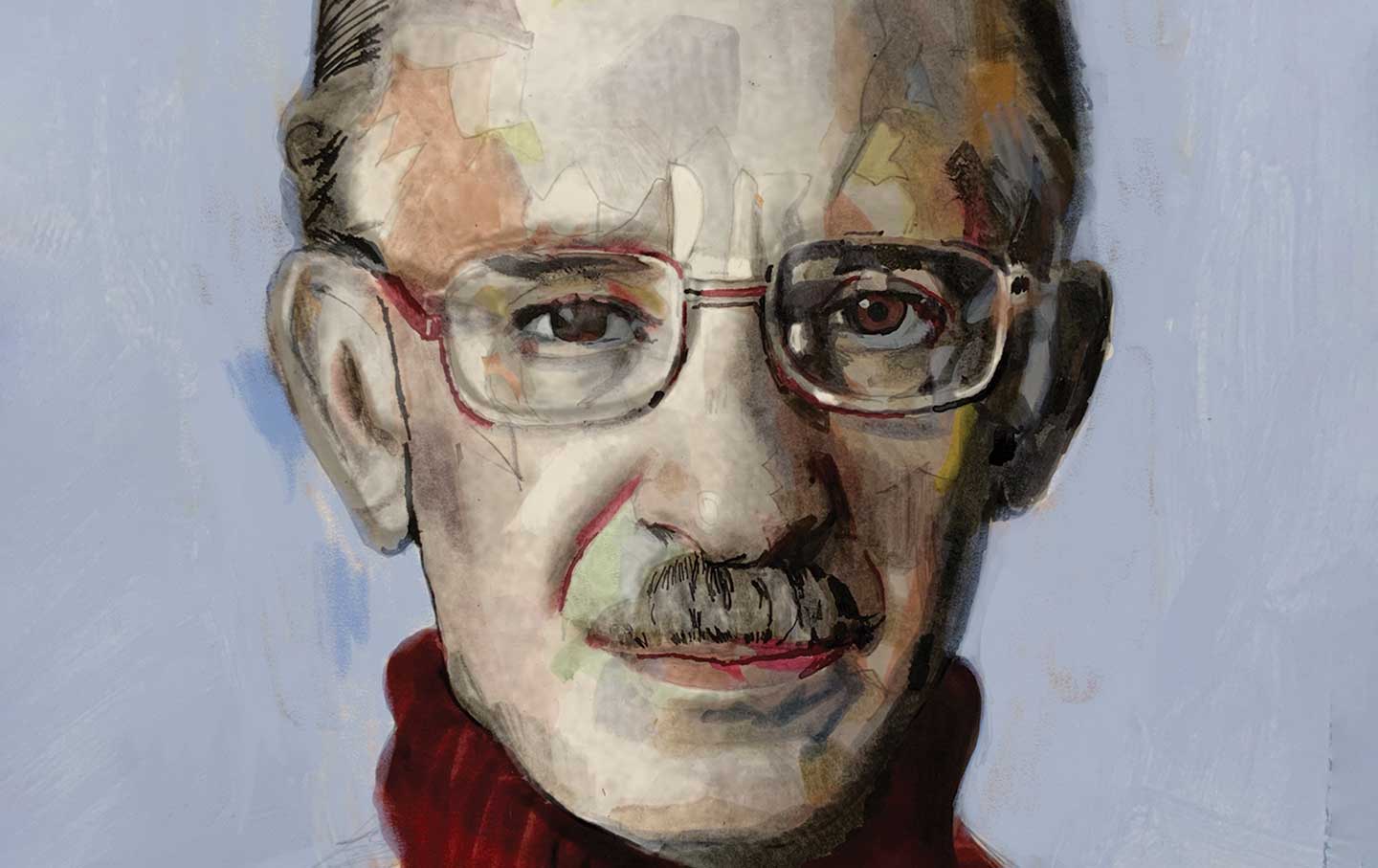
His work, unlike that of Bellow or Roth, focused on the lives of often impoverished Jews in Brooklyn and the Bronx and bestowed on them a literary magic.
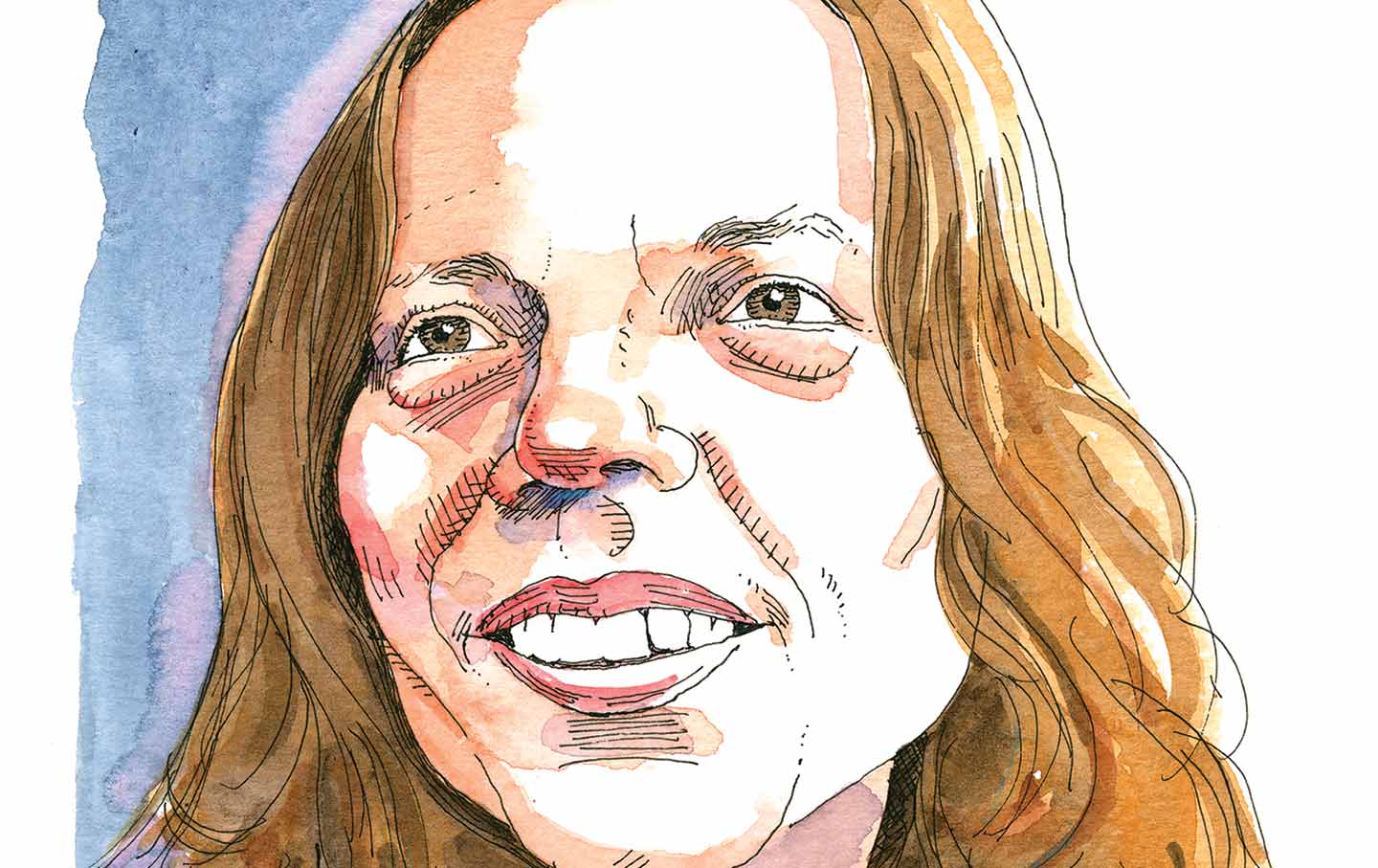
To be a feminist killjoy means celebrating a different kind of joy, the joy that comes from doing critical damage to what damages so much of the world.


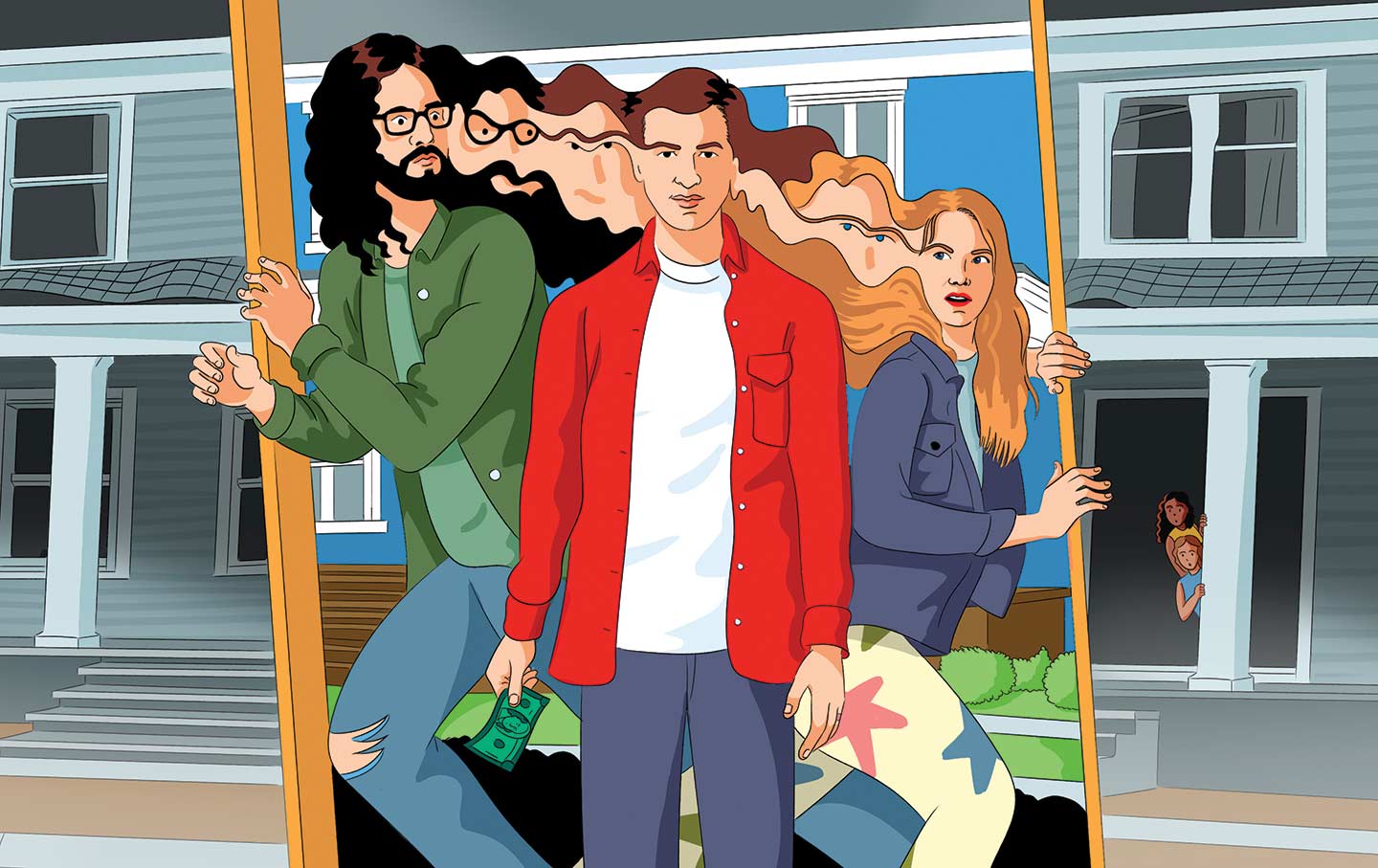
From its first moments to its antic end, the series exposes its viewers to an abundance of anxious perturbation but it does something else too: It reveals the absurdity all around us.
Sarah Chihaya